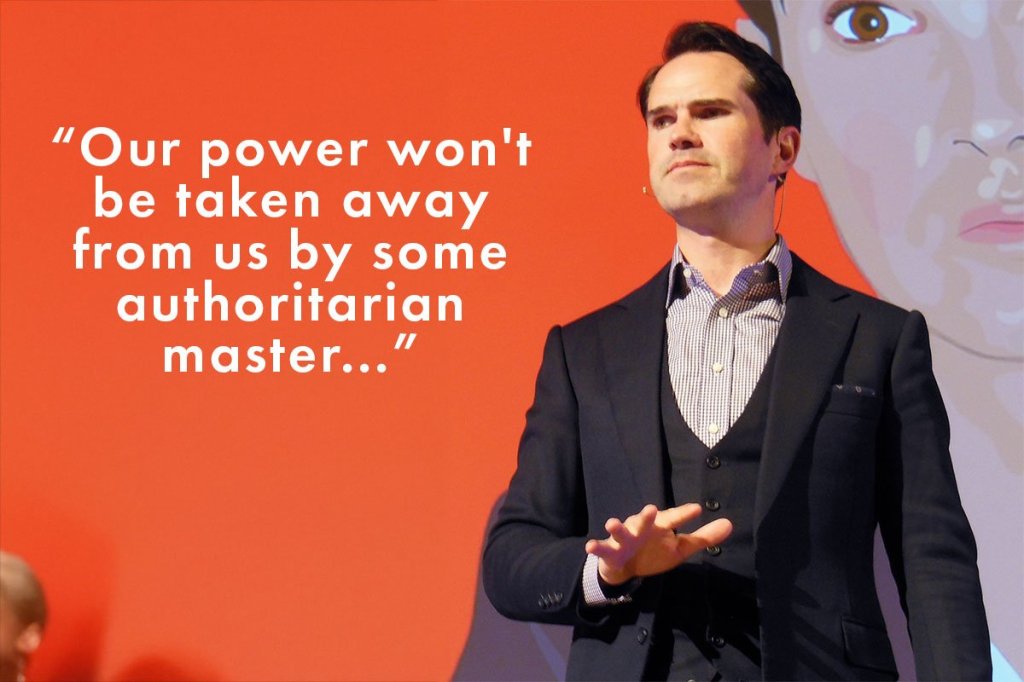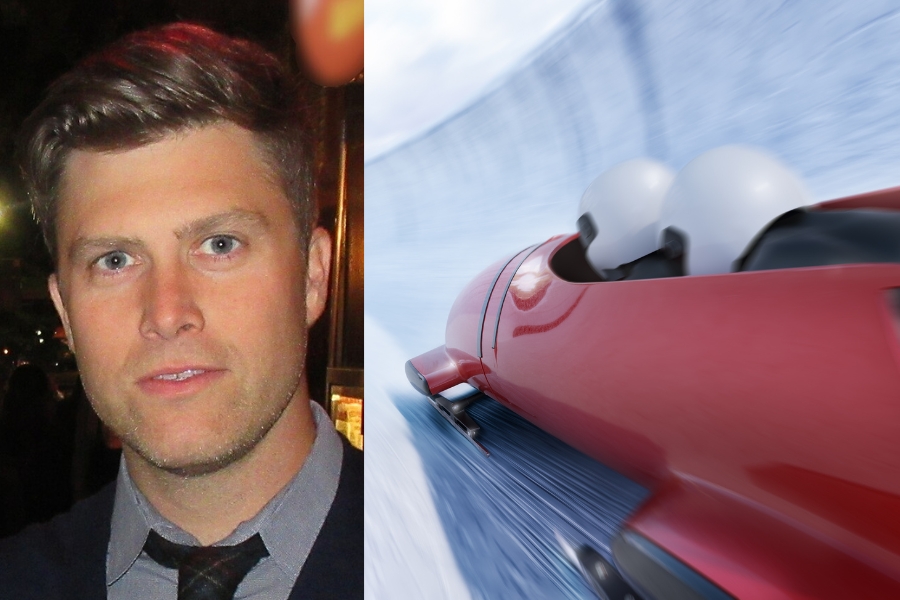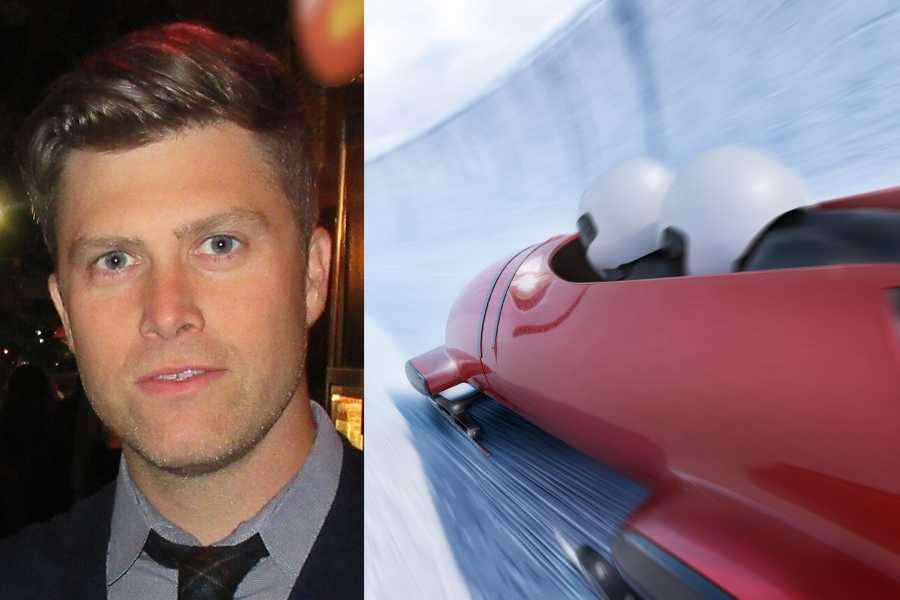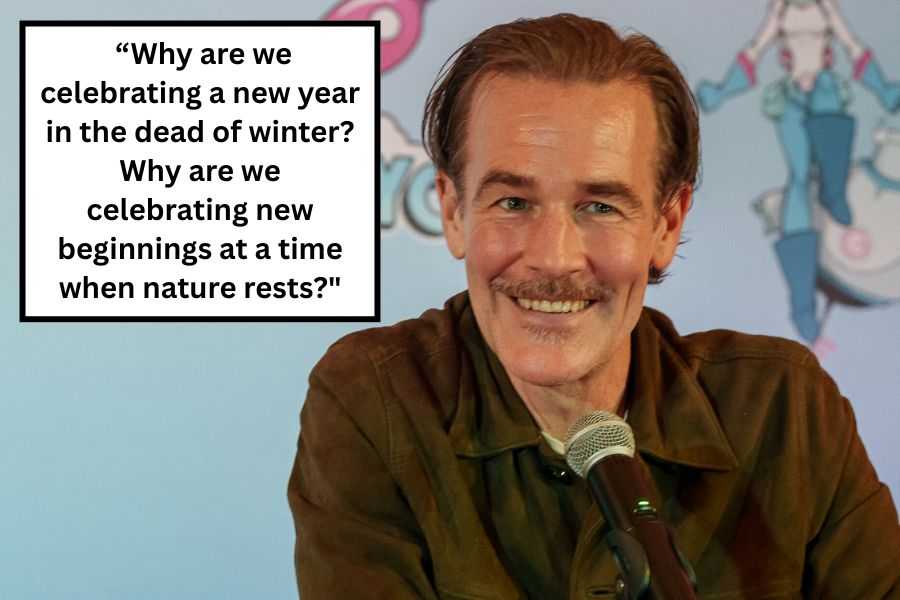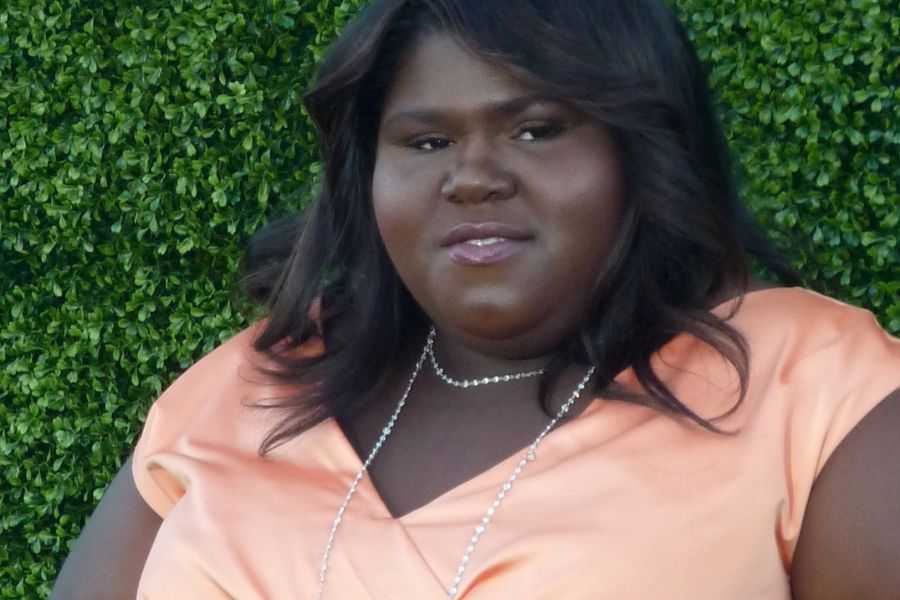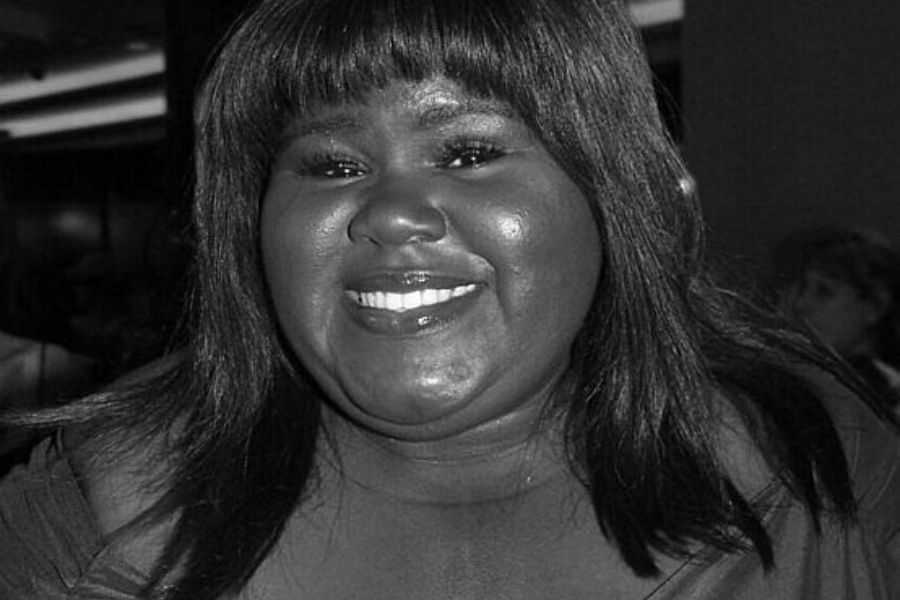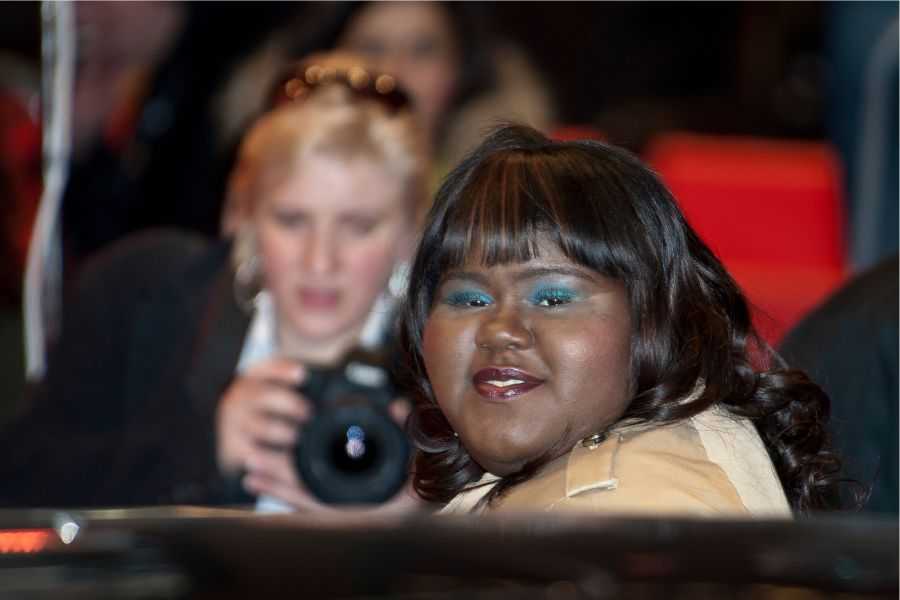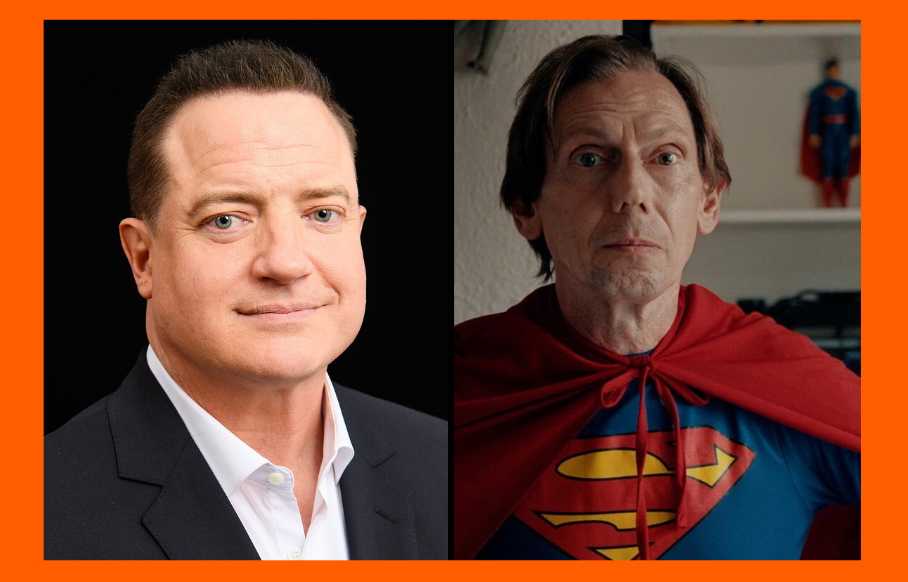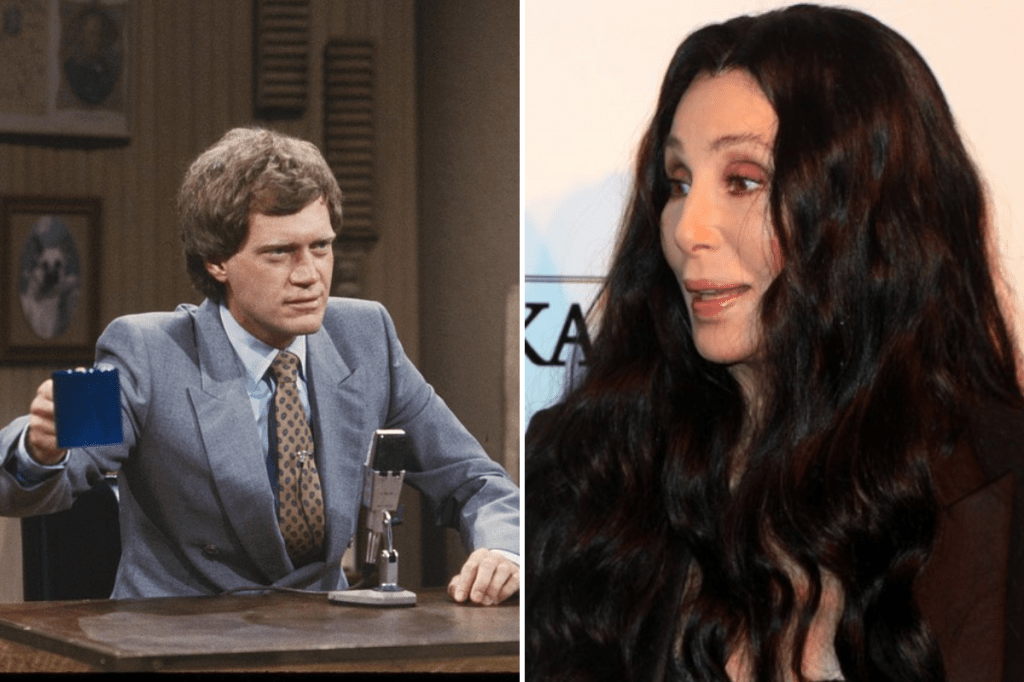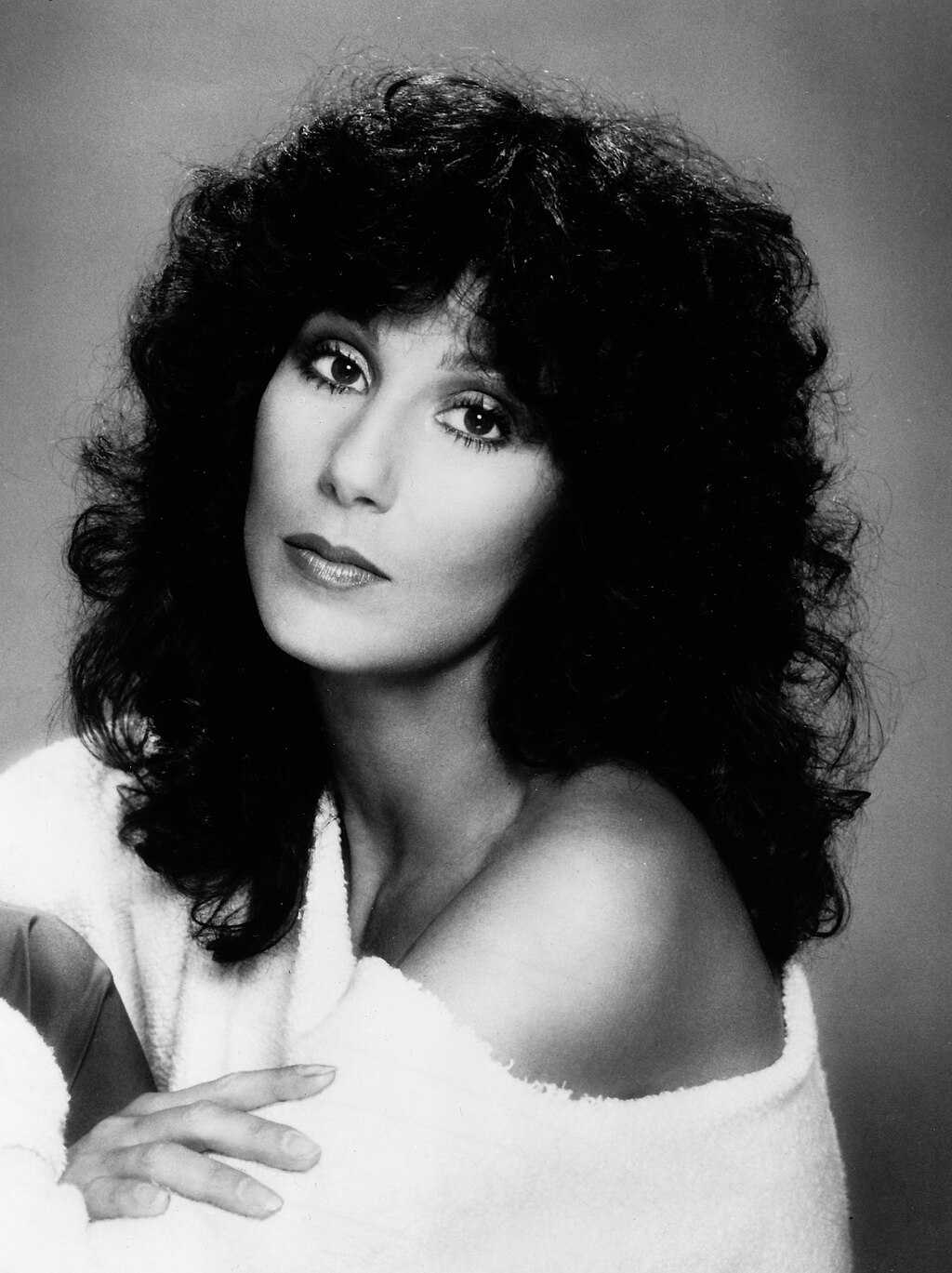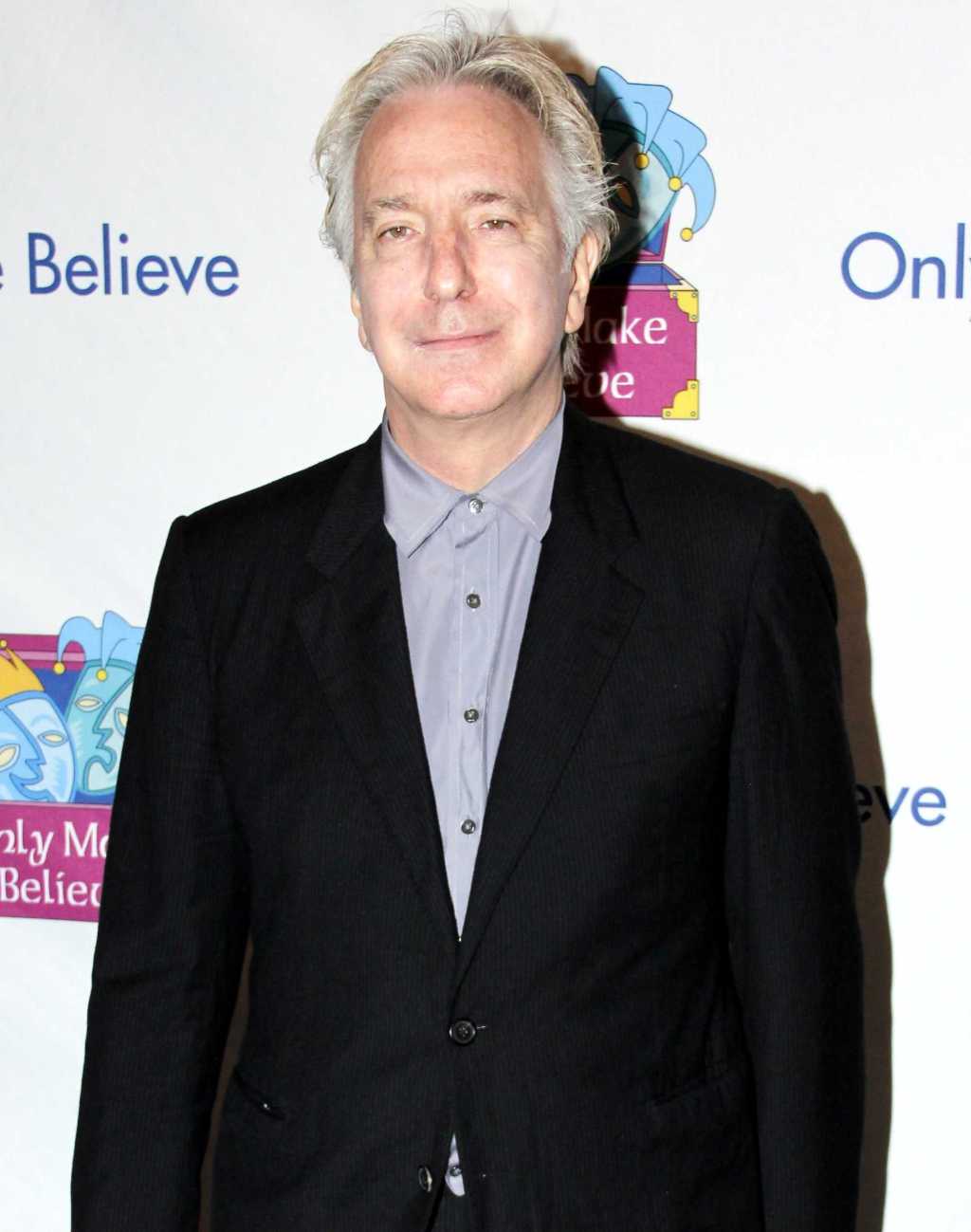There are countless opportunities for today’s young men to experience the highs of a career or a relationship without having to put in the work and take the risks that would, just a decade ago, have been required to obtain either. Comedian Jimmy Carr, known for his biting wit, iconic laugh, and occasional tax evasion, recently shared his insights on the mental health crisis stalking today’s young men, and the unexpected insightfulness of his thoughts has exploded online. Speaking on a podcast, Carr explained how many men are replacing real-world goals with digital distractions like video games and pornography. He believes this trend is symptomatic of a deeper issue—a generation avoiding real challenges and meaningful connections.
The dopamine trap: virtual rewards vs. real-life progress
Carr pointed out that young men spend countless hours gaming because it serves as a substitute for real-world achievement. “Young men today are obsessed with video games. Why? Because that’s a proxy for a career,” he said, explaining how virtual progress in games mimics the success they’re not achieving in life. Pornography, in his view, plays a similar role, standing in for real-world relationships.
“George Orwell wasn’t right—our power won’t be taken away from us by an authoritarian regime. We’re giving it away for cheap dopamine,” Carr warned, emphasizing that these virtual escapes are preventing young men from confronting the real challenges that lead to personal growth.
On Reddit, user @bellow_whale agreed, adding that these behaviors are “symptoms, not the cause,” citing larger societal issues like stagnant upward mobility and the decline of traditional career paths as contributing factors.
“George Orwell wasn’t right—our power won’t be taken away from us by some authoritarian master. We’re giving it away for cheap dopamine.”
— Jimmy Carr
Helicopter parenting and the crisis of masculinity
Carr believes this crisis has roots in how boys are raised today, citing “helicopter parenting” as a key issue. He explained that young men are not being given the freedom to take risks, which is essential for their development. “14-year-olds used to be babysitters,” he noted. “They now need babysitters. That’s not good.”
By limiting their exposure to risk, Carr argues, society is pushing young men to seek freedom and excitement in the virtual world instead. “There’s no freedom in the real world. You’re not allowed to go to the park and hangout, but you’re allowed to do whatever you want online,” Carr said. “That feels like a bad social experiment.”
Redditor @nickyb1983 echoed Carr’s sentiment, quoting Neil Postman’s Amusing Ourselves to Death, which warned of a society drowning in distractions. “What Huxley feared was that there would be no reason to ban a book, for there would be no one who wanted to read one,” they pointed out, aligning Carr’s message with broader concerns about the numbing effects of entertainment.
The vacuum of male role models
Carr also highlighted the lack of male role models, which has left young men turning to questionable figures like controversial influencer Andrew Tate. “There’s a vacuum. We used to learn from our fathers how to shave, how to be men. Now it’s a YouTube tutorial,” he said. Without strong, positive figures in their lives, young men are left with distorted ideas of masculinity, often championed by influencers who offer toxic versions of manhood.
Carr described Tate as “a 14-year-old boy’s idea of what masculinity might look like,” and stressed that the real solution is much simpler. “Be a gentleman. Be a mensch. A gentleman is never rude by accident,” Carr advised, urging young men to embrace kindness and respect.
“A gentleman is never rude by accident.”
— Jimmy Carr
On Reddit, user @Find_Spot supported Carr’s observations on role models, adding, “He makes a few very good points: ‘Consent’ really needs to be properly taught.” They emphasized how many young men are growing up without proper guidance on basic social and moral concepts.
The road back to real life
Ultimately, Carr believes the way forward is for young men to reconnect with the real world, face challenges, and develop meaningful relationships. “Get the drugs and the real thing. Don’t live online—live in the world,” he urged.
Carr’s commentary sparked thoughtful discussions across social media, with many agreeing that the crisis young men face is not simply about avoiding responsibility, but rather about societal structures that no longer support them in the ways they once did. As user @jonathanquirk on Reddit put it, “We use video games as a substitute for a career because working hard only results in more work, not more money.”
While Carr’s humor and candor made the conversation accessible, his message was a serious call to action. As rates of depression and suicidality continue to rise among young men, Carr’s observations highlight the urgent need for society to reevaluate how it supports, mentors, and guides its younger generation.

